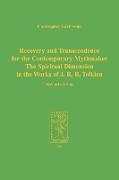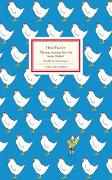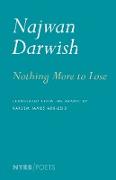- Start
- Recovery and Transcendence for the Contemporary Mythmaker
Recovery and Transcendence for the Contemporary Mythmaker
Angebote / Angebote:
[Recovery and Transcendence for the Contemporary Mythmaker] is one of
the most persuasive and open-minded of the various appropriations of
Tolkien to a religious or spiritual meaning. [...] At its heart is the anti-reductionist
psychological/religious theory of the concentration camp survivor,
Viktor Frankl. Frankl explains human motivation primarily as a quest for
meaning, a response to the 'pull' of discerned values, rather than as wholly
determined by the 'push' of instinctual drives: through this quest, human
'growth' is possible even in the most dire circumstances. Such features of
Tolkien's work as his theory and practice of 'eucatastrophe', the morally fitting
happy ending in the face of great adversity which vouchsafes a glimpse
of transcendent joy, and his conception of art as a mode of 'recovery',
whereby the too-familiar known world is seen afresh 'as we were meant to
see it', are assimilated to Frankl's view, as is the exploratory, developmental,
'dialogic' quality of Tolkien's myth-making. But Garbowski draws on many
sources, from folklore to Hollywood, and ranges widely through Tolkien's
writing, alert always to the ethical and spiritual implications of the protagonist's
predicaments. The book is of additional interest as an example of the
significant response to Tolkien in Eastern Europe, a response based on his
celebration of small, imperilled homelands and his sombre awareness of
contemporary evil, as well as on his implicitly Christian values.
From ABES Annotated Bibliography of English Studies
Christopher Garbowski is Associate Professor at the Institute of English at
Maria Curie Sk³odowska University in Lublin, Poland. He is the author of
Krzysztof Kieslowski's Decalogue Series (1996).
Folgt in ca. 10 Arbeitstagen



